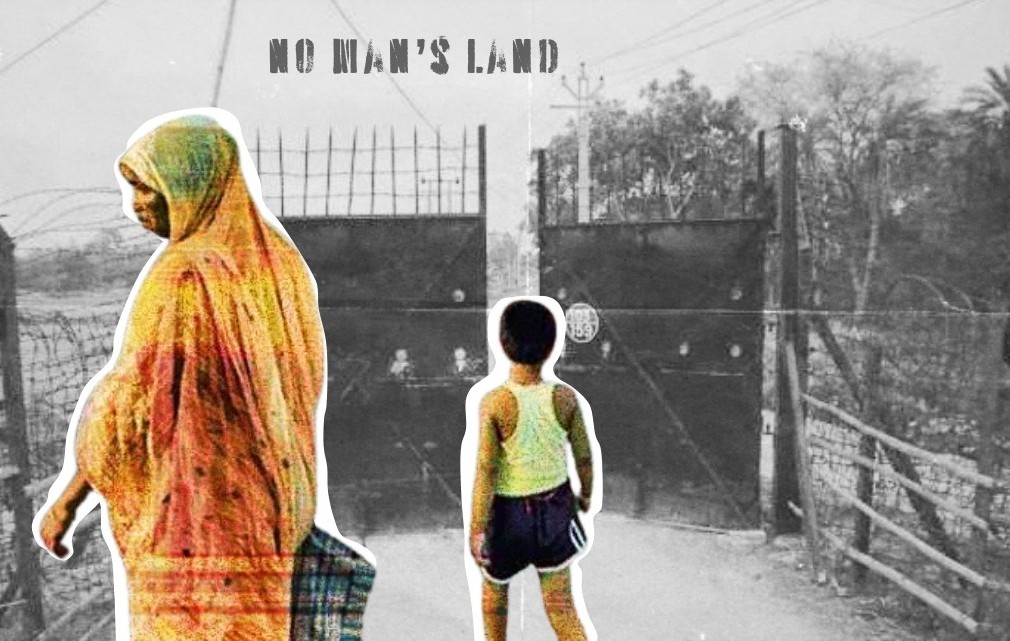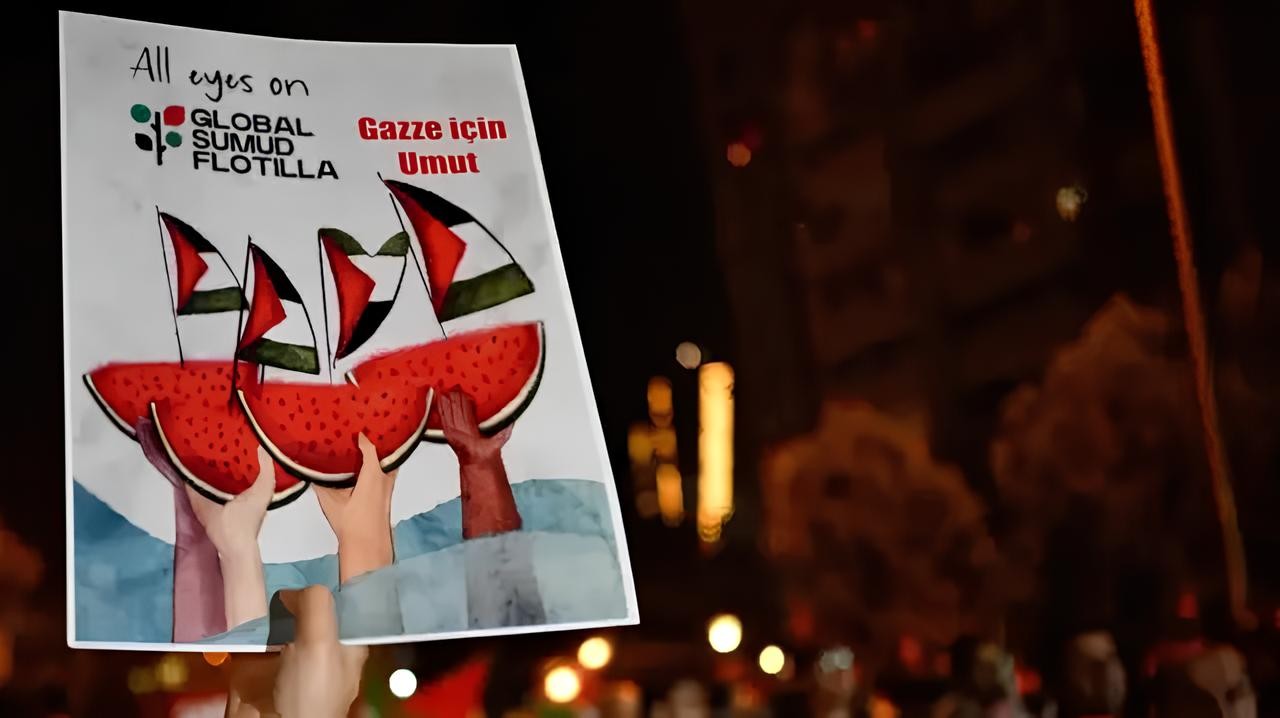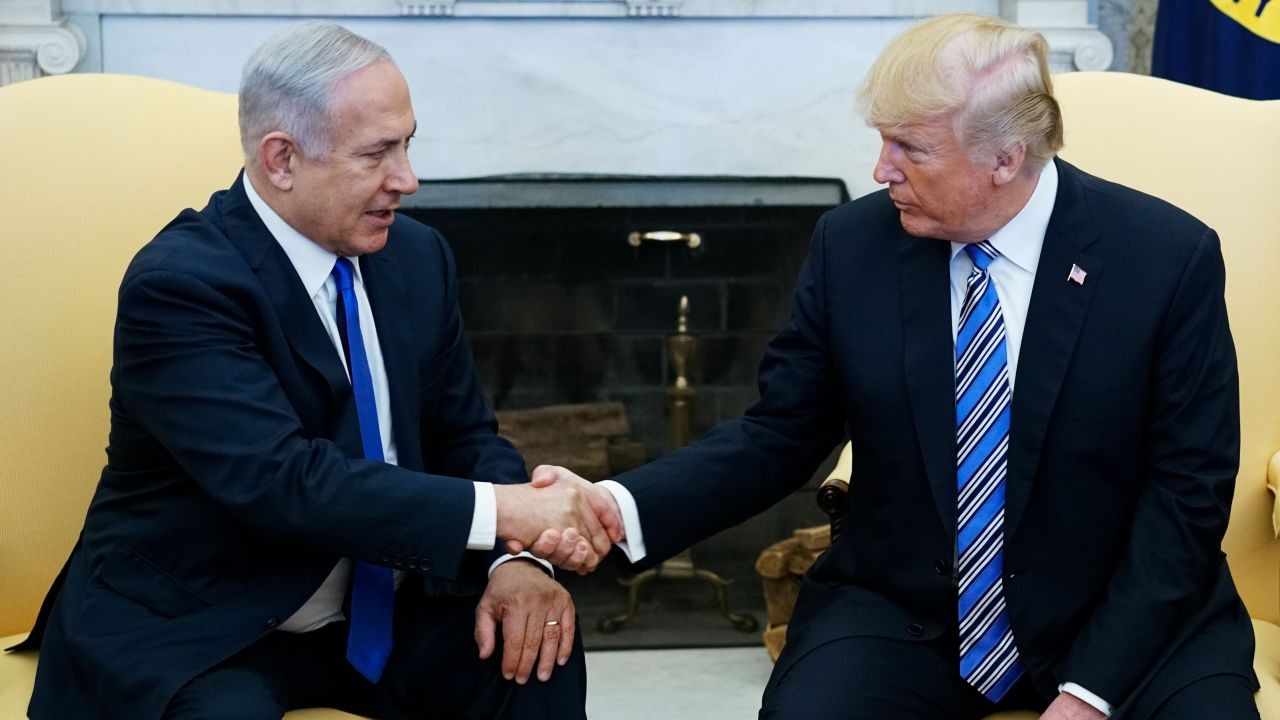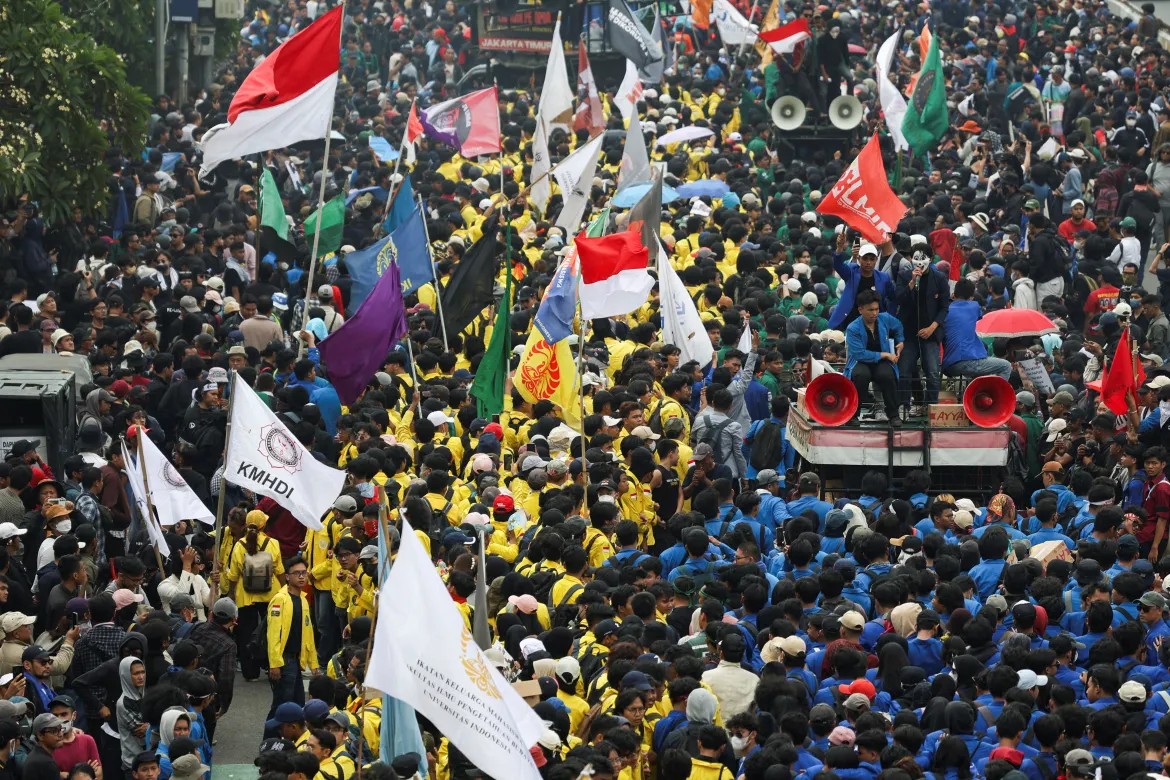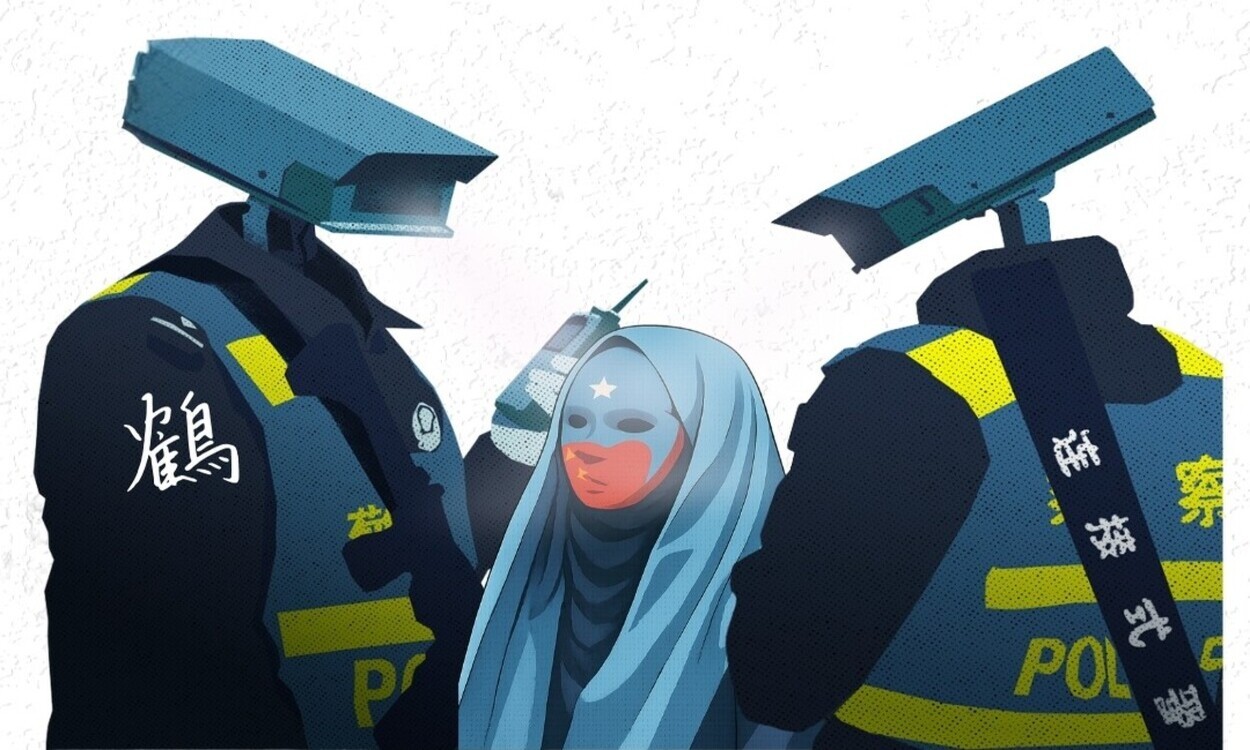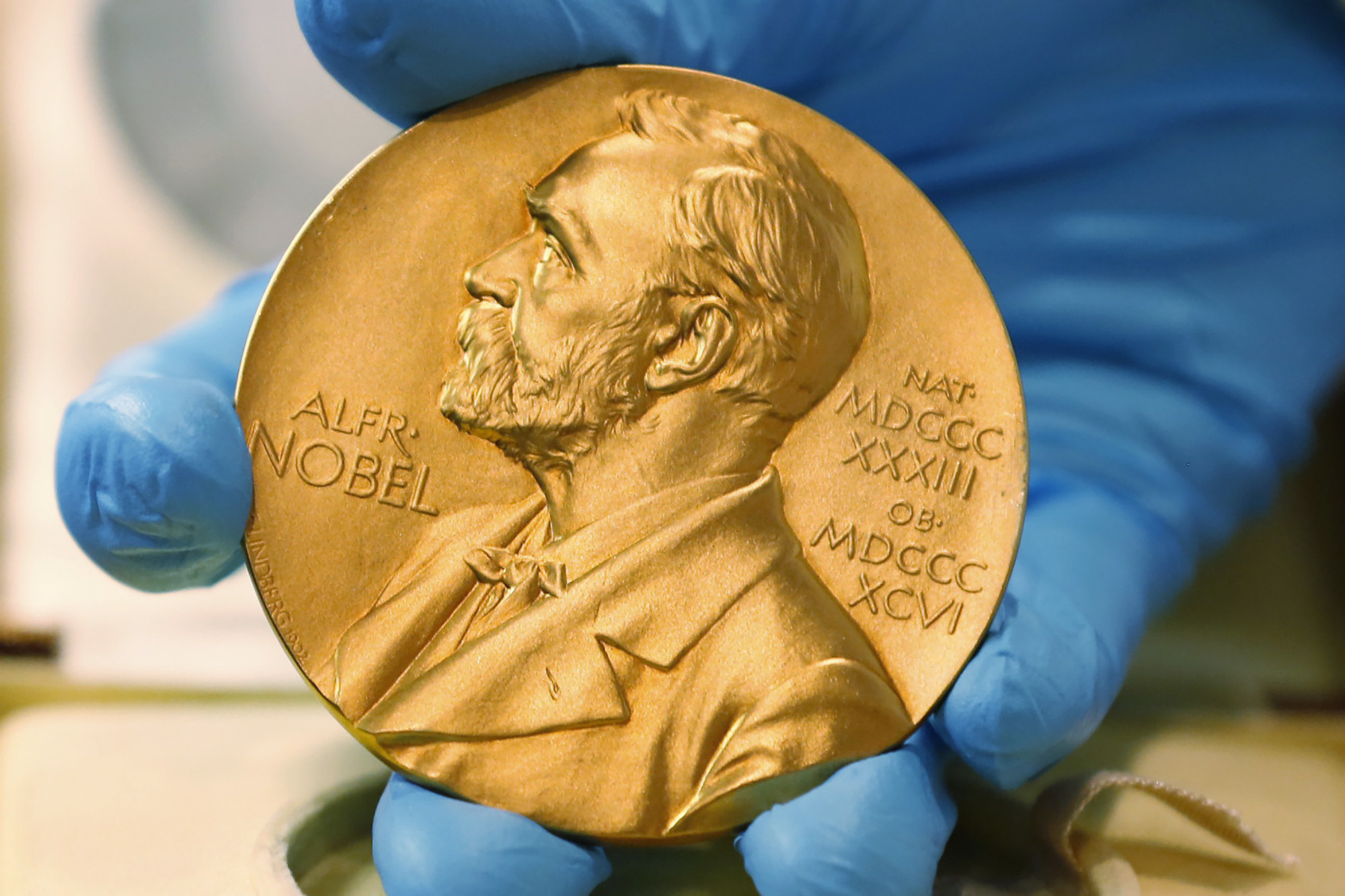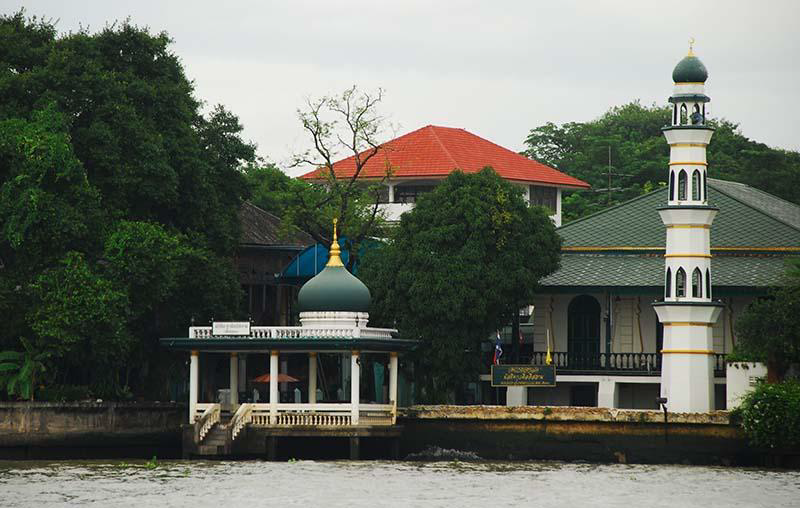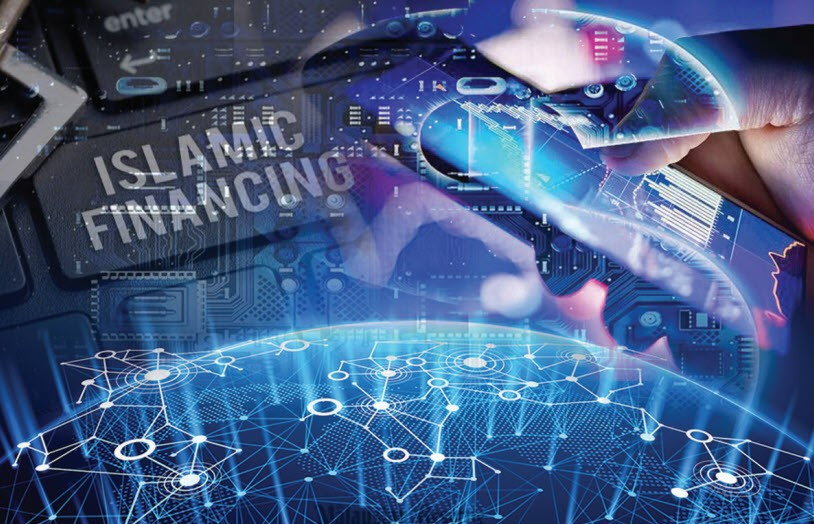
Thoughts on the Universal Necessity of Development
The “sustainable development” approach is presented as a solution in the environmental crises we are experiencing today. Debates about the adequacy of this approach are being conducted within a limited framework. The norm of sustainable development has become a universal acceptance but who among us has been liberated by this “universal acceptance”? In answering this question, we first need to answer the following questions. Why do we need to develop? For whom do we need to develop? Freedom and development are intertwined through these two questions. When these two questions are addressed, it will be understood that the perspective of development has transformed into a form of domination that developed countries impose on developing ones. Therefore, there is a need to discuss the norms of development as a form of domination. The obligations imposed by these development norms do not reduce environmental vulnerabilities.
In the late 1960s, the influence of growth-centered development approaches has been implicated in the emergence of environmental crises, prompting a necessity to discuss the relationship between environment and development (Başarmak & Görmez, 2019, p. 2301). The notion of prosperity brought about by growth-oriented development has faced criticism. The “Limits to Growth” report prepared by the Club of Rome in 1972 highlighted, for the first time since Adam Smith, the necessity of curtailing growth (Torgerson, 1995, p. 8). In 1987, the “Our Common Future” report by the Brundtland Commission introduced the concept of “sustainable development.” According to this report, it is defined as “development that meets the needs of the present without compromising the ability of future generations to meet their own needs” (UN, 1987, p. 54). Thus, it has been believed that through the perspective of sustainable development, environmental crises and underdevelopment can be overcome. Moreover, with consideration for future generations, the framework of responsibility has been broadened. The Agenda 21 decisions discussed during the 1992 Rio Summit resurfaced at the 2002 World Summit on Sustainable Development, contributing to the formation of today’s principles of sustainable development.
Development models and the paradigms that shape these models are not new. Through this analysis, development models carry forms of domination and perspectives on justice. Despite the serious demand for sustainable development within Muslim societies, achieving these goals with the economic order presented by the international system seems unlikely. Today, it is necessary to evaluate the opportunities and freedoms that the universally accepted perspective of sustainable development, embraced by Muslim societies as well, offers to these societies. This acceptance has been reinforced by the concept of “access.” How this concept of access is reflected in the sustainability development index will be examined. These evaluation criteria are not sufficient to understand the developmental issues faced by Muslim societies. Hence, the relationship between freedom and development must be comprehended.
Development and Freedom
Amartya Sen reevaluated the issue of development based on the concept of “freedom” and contributed to the formation of a human-centered development understanding that serves our current perspective on development. According to Sen (2004, p. 400), “development is a great encounter with the capabilities of freedom.” Therefore, development cannot be considered as “development” if it doesn’t allow for possibilities of freedom. For Sen (2004, p. 14), the expansion of freedoms is a function of development. Through the perspective of expanding freedoms, he not only implies the increase in political, economic, or social freedoms, but also the accessibility of these freedoms for people living in various parts of the world. In this context, he constructed a development ethic centred on the accessibility of freedoms.
Sen defines the perspective of freedom through the relationship of “capability” and “capacity.” According to him, freedom is not merely about satisfying desires, income, spending, consumption, or meeting basic needs criteria, but rather about individuals being able to act and become based on their capacities (Uğur, 2017, p. 95). Therefore, he criticizes the notion of a specific group playing a leading role in the economic system.
Recognizing that the constraints imposed by the economic system impede access to freedoms, Sen directed his criticism towards the concept of welfare economics. Within the framework of welfare economics, the value contributed by individuals deprived of numerous freedoms tends to decrease or remains entirely unaccounted for (İnsel, 2000, p. 15). Sen argues for the incorporation of non-income variables into the economic system as valuable indicators. These variables encompass “factors such as the ability to attain a certain standard of living, freedom from preventable illnesses, access to income-generating employment, and the opportunity to live in peaceful and crime-free communities” (2004, pp. 392-393).
According to Sen, welfare is not a singular goal and cannot be thought of independently of one’s capacity for action (İnsel, 2000, p. 16). A person’s ability to take action cannot be detached from the conditions they are experiencing. If someone is living in a region with limited means of subsistence and their sole source of income is to cut down and sell trees for fuel in that area, would it be fair to ask them why they are cutting down trees or to penalize them? Hence, a person’s economic relationship with the environment cannot be considered separately from the opportunities presented to them.
According to Sen, within the ethics of freedom, the principles of choice and freedom norms are fundamental, and an individual realizes their freedom by making choices and being able to implement them (İnsel, 2000, p. 16). While making these choices, the obstacles and opportunities they encounter determine their capacity. This capacity is shaped by the economic and social conditions of the society in which they live. Hence, individual freedom should become one of society’s commitments (Sen, 2004, p. 14).
According to Sen, for a just and secure life, individuals must possess economic freedoms. The violation of economic freedoms not only leads to the inability to access basic needs but also results in the deprivation of numerous social freedoms (Sen, 2004, p. 23). Therefore, economic freedoms should be considered in conjunction with social freedoms and given priority. When one gains access to economic freedoms, they acquire the means to reach their basic needs and attain social freedoms.
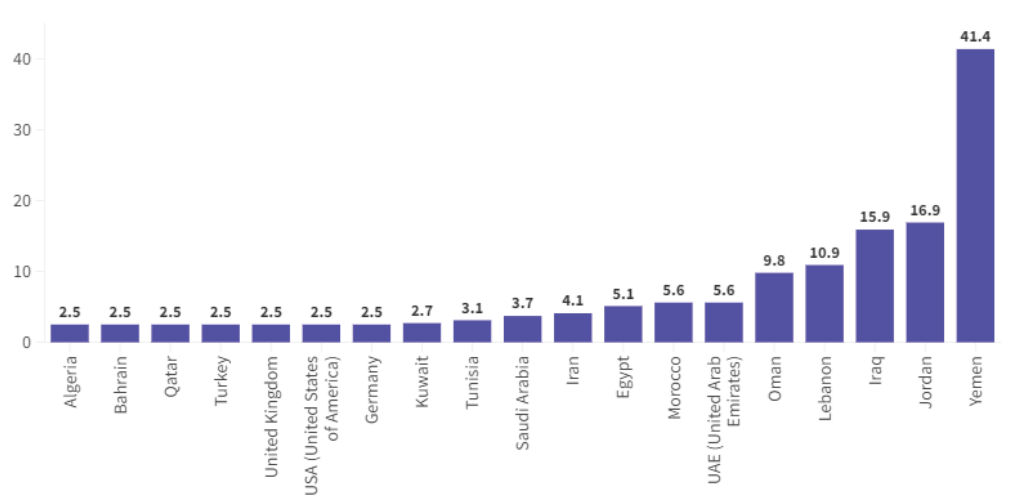
Figure 1. Prevalence of Malnutrition (2020)
Source: SDG Index
Whose Freedoms Were Enriched by Sustainable Development?
Today, the prevailing concept of an ideal development is “sustainable development.” The norm of sustainable development has outlined 17 goals. New values have been defined, such as ending poverty, ensuring clean water and sanitation, taking climate action, and achieving access, justice, peace, strong institutions, and cooperation. These values are aimed to be realized in a global context. Particularly due to issues like poverty, environmental crises, and conflicts, the international community has opened up further discussions on the “access” norm. The resolution of this access issue becomes achievable through societies’ realization of development.
Although the concept of development has been articulated through different paradigms in each era, these paradigms have consistently been primarily framed within the context of “underdevelopment” (Başarmak & Görmez, 2019, p. 2305). Developed countries tend to score the highest in the Sustainable Development Index, while least developed and developing countries are positioned lower in the rankings. Upon initial examination of this index, a flow from those managing sustainable development most effectively to those managing it less effectively becomes evident. However, based on these 17 principles, there isn’t sufficient data available regarding how well these countries are meeting their basic needs or how they are achieving this. For instance, considering the criteria of inadequate nutrition set by the sustainable development index, Yemen emerges as one of the most vulnerable countries with 41% prevalence of inadequate nutrition. Following Yemen, Iraq and Jordan are among the countries facing challenges in terms of inadequate nutrition.
Countries including Türkiye, the United Kingdom, Germany, Algeria, and Bahrain have been assessed as having equal prevalence of malnutrition. When country profiles are examined in more detail, a classification has been established based on the levels of difficulty. Despite Germany and Algeria having the same percentage in the malnutrition index, Germany faces significant challenges in achieving the “zero hunger” principle, while Algeria grapples with primary challenges (SDG Index, n.d.). Other criteria assessed in the index include the prevalence of stunting, wasting, and obesity among children under five years old. These criteria are considered sufficient for achieving the “zero hunger” target. At this juncture, conditions of access to food and the extent to which one utilizes their capacity while accessing that food should be incorporated into the criteria. Additionally, data regarding the types of food one can access and the quantity of food one can consume daily should be included.
On the other hand, the process of accessing food in these countries doesn’t occur through the same means. Recent events like the COVID-19 pandemic and the deepening food crises due to the Russia-Ukraine conflict highlight this situation. The report titled “Agenda of the Muslim World” has emphasized the significance of these food crises. It has been highlighted that North Africa and third-world countries are the ones most affected by the Ukraine crisis (Demirci, 2023, p. 95).
Whenever a crisis emerges, these countries tend to suffer the most damage. The Sustainable Development Report has recommended and provided suggestions for strengthening the economic sphere of these countries (Boğaziçi University, n.d.). However, it appears unlikely that Muslim societies can achieve their sustainable development goals based on the norms of this utilitarian-driven economic system. Instead, these goals seem to remain merely promises from the international community. Consequently, the freedoms that Muslim societies can attain remain limited. The primary reason for the failure to implement these principles is the utilitarian-driven understanding of sustainable development. The continuous growth, consumption, maximum profit, and competition norms on which the market economy is based remain unaltered, preventing sustainable development from offering a significantly different perspective than the traditional development approach (Başarmak & Görmez, 2019, p. 2318). Therefore, Muslim societies should construct development norms that are based on their own needs and can harness their existing capacities.
The primary reason for the lack of implementation of these principles is the economic system rooted in utilitarian ethics. The understanding of sustainable development cannot be said to present a significantly different perspective from the traditional development approach, as the norms of continuous growth, consumption, maximum profit, and competition on which the market economy relies remain unchanged (Başarmak & Görmez, 2019, p. 2318).
Conclusion
If we consider Muslim societies as developed, developing, underdeveloped, or grappling with issues of poverty and inequality, it is due to the relationship we establish between development and freedom. What needs to be discussed today is the development-freedom perspective introduced by Sen. Upon discussing this, it becomes evident that the real need isn’t just “development” but rather a “new economic perspective.” As a result, the approach of Muslim societies “needing to develop” will transform. Therefore, the primary necessity for Muslim societies is to establish an ethics of development.
Amartya Sen, who establishes a connection between development and freedom, has brought criticisms to the economic system shaped by utilitarian ethics. The current economic system is still conducted on the basis of utilitarian ethics, and this ethical understanding has resurfaced through Sen’s concept of capabilities. Despite the discussions of various global issues in our present economic system, such as poverty and climate change, the ethical framework remains unchanged.
While the principles of sustainable development may suggest an inclusive approach towards societies, Amartya Sen’s conception of freedom within the economic system has ushered in new transformations. However, despite these changes, environmental fragility continues to rise, and the perspective of sustainable development needs to be scrutinized due to the persisting inability of many societies to fulfill their basic needs. It becomes essential to question how effectively the solution pathways proposed by this perspective truly cater to the diverse needs of societies. Moreover, the adoption of universal assumptions tends to narrow down the socio-economic contexts of communities, measuring their capacities against variables defined by more advanced nations.
As suggested by Sen, non-income variables should be incorporated into the economic system, and economic freedoms need to be fostered. Building on this perspective, the international economic system should be transformed by considering the access process to food or water and the capacity expended by those living in conflict zones such as Palestine, Yemen, and Syria.
References
Başarmak, H. I. B., & Görmez, K. (2019). Sürdürülebilir kalkınma vs. ekolojik düşünce. OPUS International Journal of Society Researches, 10(17), 2299-2323.
Boğaziçi Üniversitesi. (n.d.). Sürdürülebilir Kalkınma Raporu 2021. http://unsdsn.boun.edu.tr/sdr2021/
Demirci, H. (2023). Müslüman Dünyanın Gündemi: 2022 Genel Görünümü. İLKE. https://ilke.org.tr/ musluman-dunyanin-gundemi-2022-genel-gorunumu
İnsel, A. (2000). Özgürlük etiği karşısında iktisat kuramı: Amartya Sen’in etik iktisat önerisi. Toplum ve Bilim, 86, 7-21.
SDG Index. (n.d.). SDG Dizini ve Gösterge Tabloları Bölüm 2. https://dashboards.sdgindex.org/chapters/part-2- the-sdg-index-and-dashboards#figure-2-17-2023-sdgdashboards-for-oecd-countries-levels-and-trends
Sen, A. (2004). Özgürlükle Kalkınma. Ayrıntı Yayınları, Istanbul.
Torgerson, D. (1995). The uncertain quest for sustainability: public discourse and the politics of environmentalism. In Greening Environmental Policy: The Politics of a Sustainable Future (pp. 3-20).
Uğur, M. S. (2017). Amartya Sen’in Kapasite Yaklaşımı ve İnsan Merkezli Bir Kalkınma Anlayışı. Sosyoekonomi, 25(1).
United Nations (UN). (1987, August 4). Report of the World Commission on Environment and Development “Our Common Future” A/42/427.
Ceyda Bostancı
Ceyda Bostancı graduated from Istanbul University, Department of Political Science and International Relations in 2017. She completed her master's in the Department of Political Science and International Relations in 2022. She is currently pursuing h...
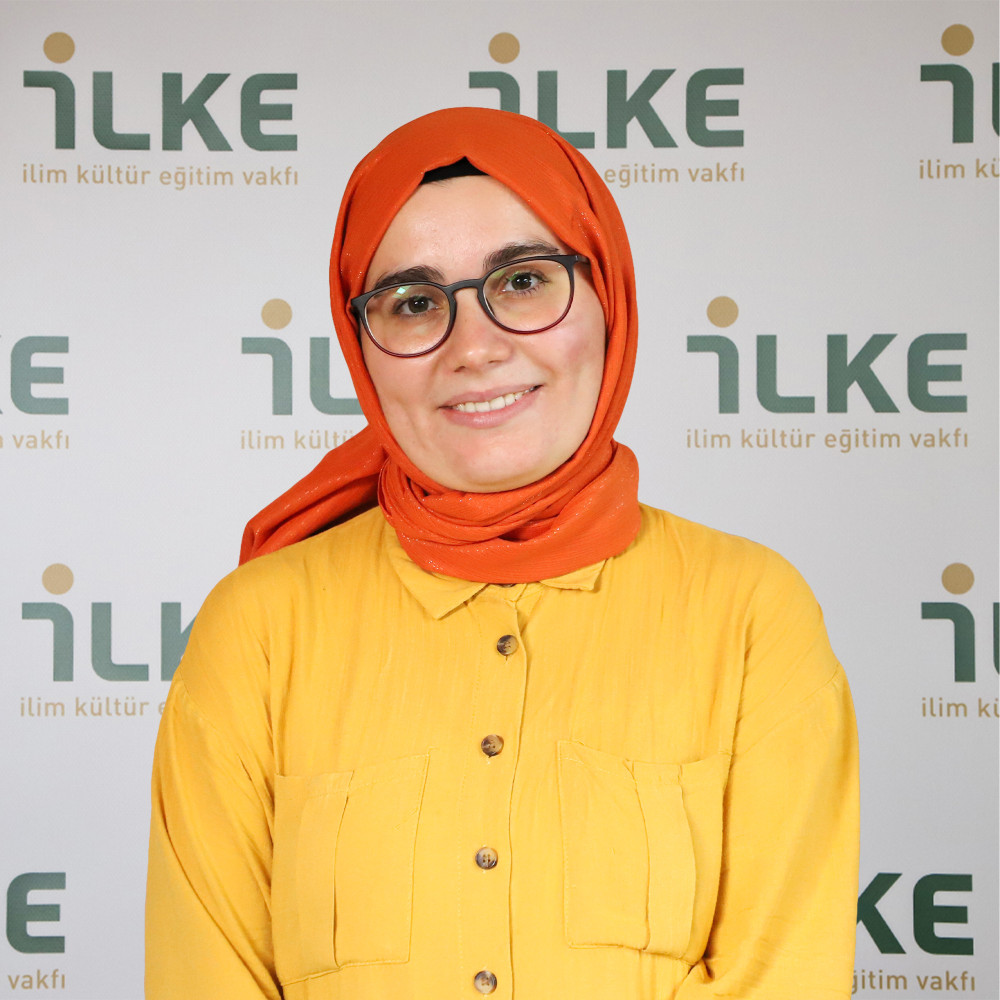 Ceyda Bostancı
Ceyda Bostancı